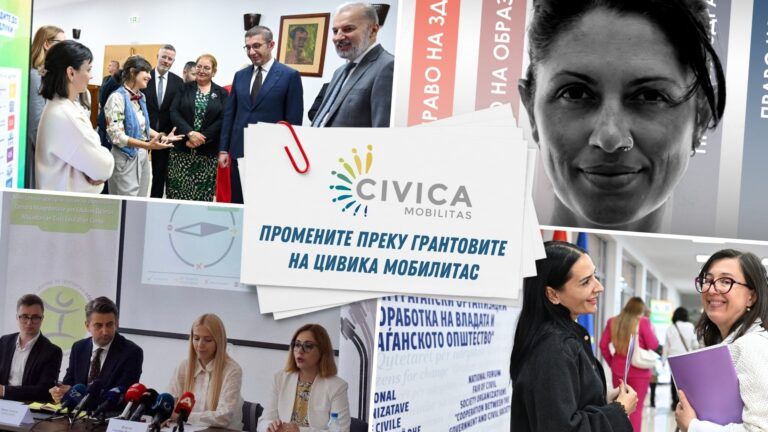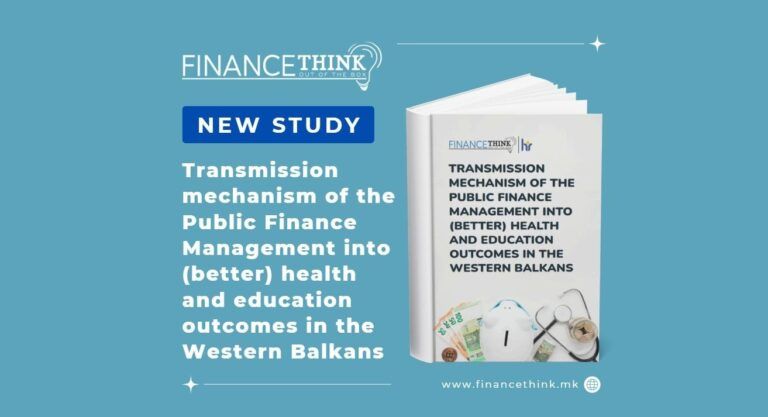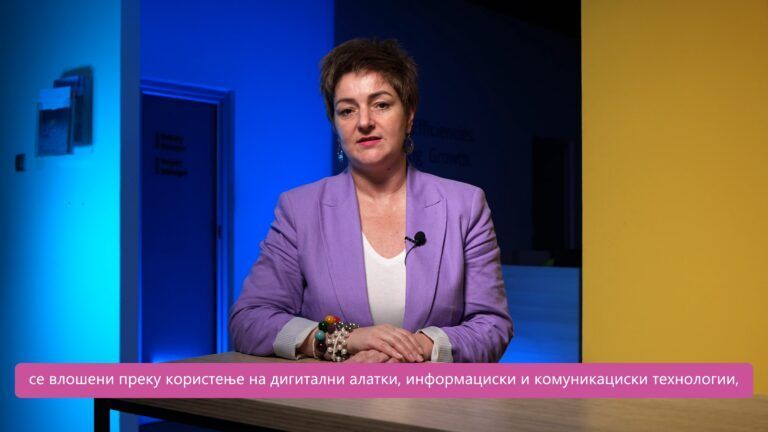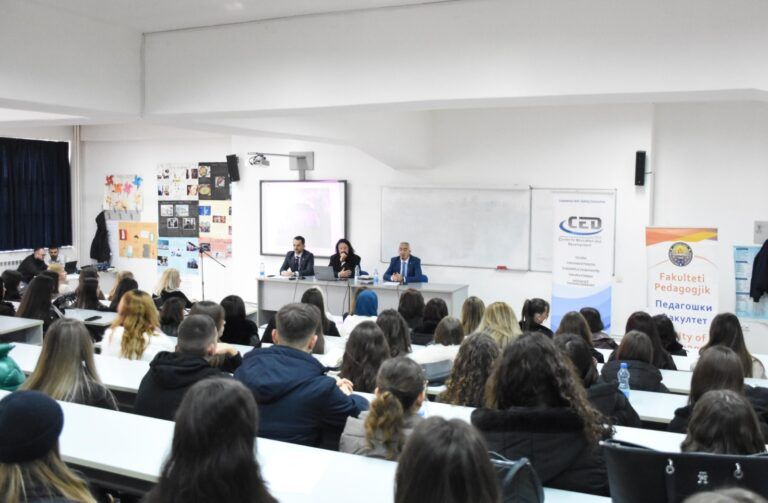THE VOICE OF YOUTH FOR A EUROPEAN FUTURE OF THE WESTERN BALKANS
On July 7, 2025, Podgorica hosted the opening conference “Youth for the Europeanization of the Western Balkans”, where I had the honor to participate as one of the four selected youth representatives from Macedonia. The conference brought together young people from Montenegro, Kosovo, and Macedonia, who engaged in joint debates, exchanged ideas, and shared visions for the region’s future within the European Union.
By: Sara Neshkovska
The conference was held in English, which made it possible to foster even stronger connections and open dialogue among young people from different countries. I had the honor of being a speaker on the topic “All of Us, the Youth – Together for the Europeanization of the Western Balkans.” My speech focused on how young people can be the bridge between the current reality and the European values we aspire to – democracy, human rights, social justice, and equality.
What made this experience truly special was the networking with young people who, although coming from different countries, face similar challenges but share the same motivation for positive change. Alongside us, the youth, the conference also included experienced speakers – media professionals, communication experts, and EU integration analysts – who generously shared their knowledge and experience. They offered us perspectives on how they see the Europeanization process and provided guidance on how we, as young people, can actively participate in it.
This conference was only the beginning. The next step is the forum in Pristina on August 25, after which, in September, we will conclude the initiative with the final conference in Skopje – where we, the youth from Macedonia, will be the hosts. I eagerly await the continuation of this journey because I believe that we, the youth, have a key role in shaping the future we desire – a European, inclusive, and sustainable one.
This text was published within the framework of the project “Youth Engagement for the Europeanization of the Balkans”, implemented by the BIRC Institute from North Macedonia, NGO GLAS from Montenegro, and CFID from Kosovo, and supported by the Western Balkans Fund with co-financing from the European Union.
This text has been produced with the financial assistance of the European Union. The contents of this publication are the sole responsibility of the beneficiary and can in no way be taken to reflect the views of the European Union.





![[Aggregator] Downloaded image for imported item #43092](https://civicamobilitas.mk/wp-content/uploads/2025/12/media-lit-call-for-proposals-fotor-naslovna.png)
![[Aggregator] Downloaded image for imported item #43146](https://civicamobilitas.mk/wp-content/uploads/2025/12/10-1536x1152-1-1024x768-1-768x576.jpg)

